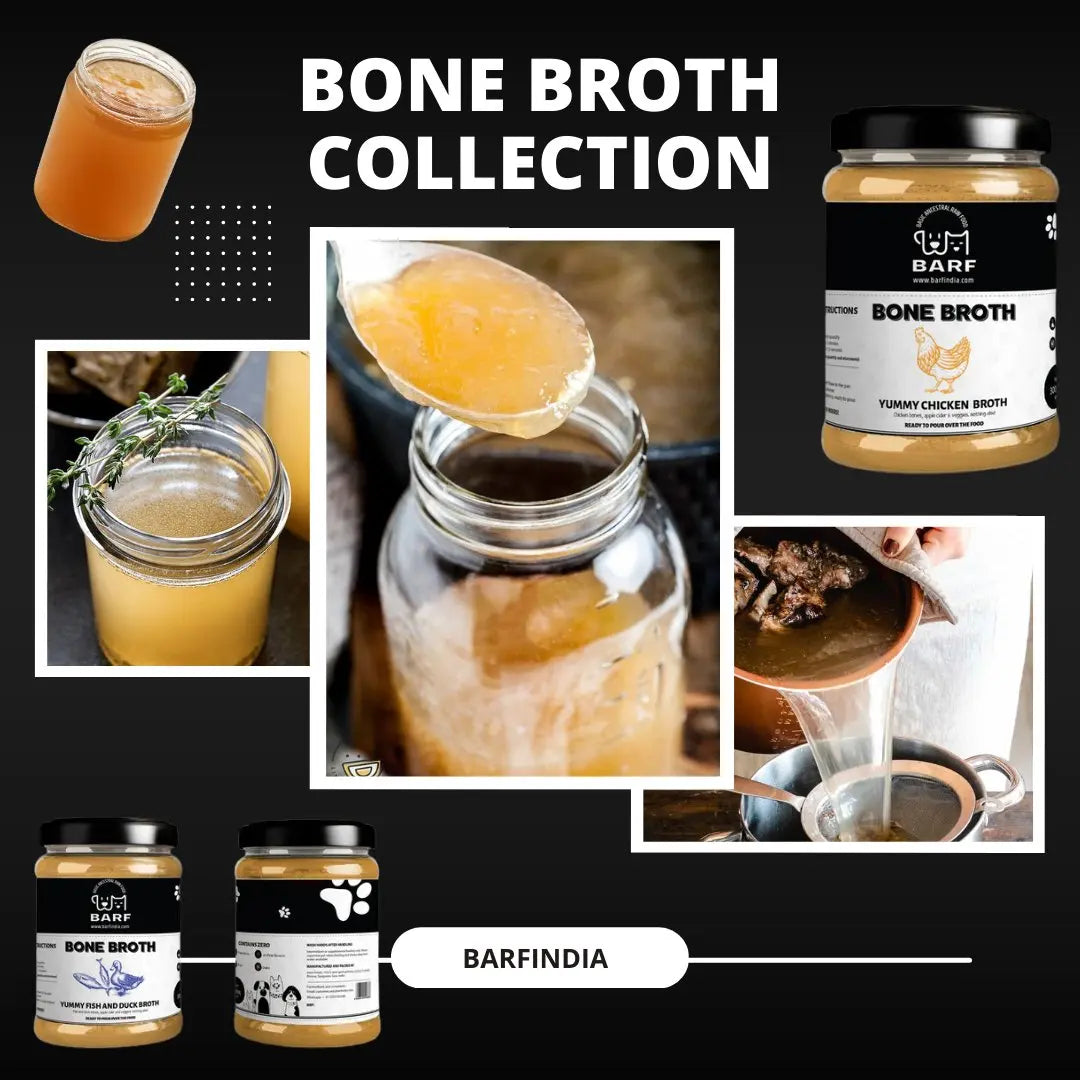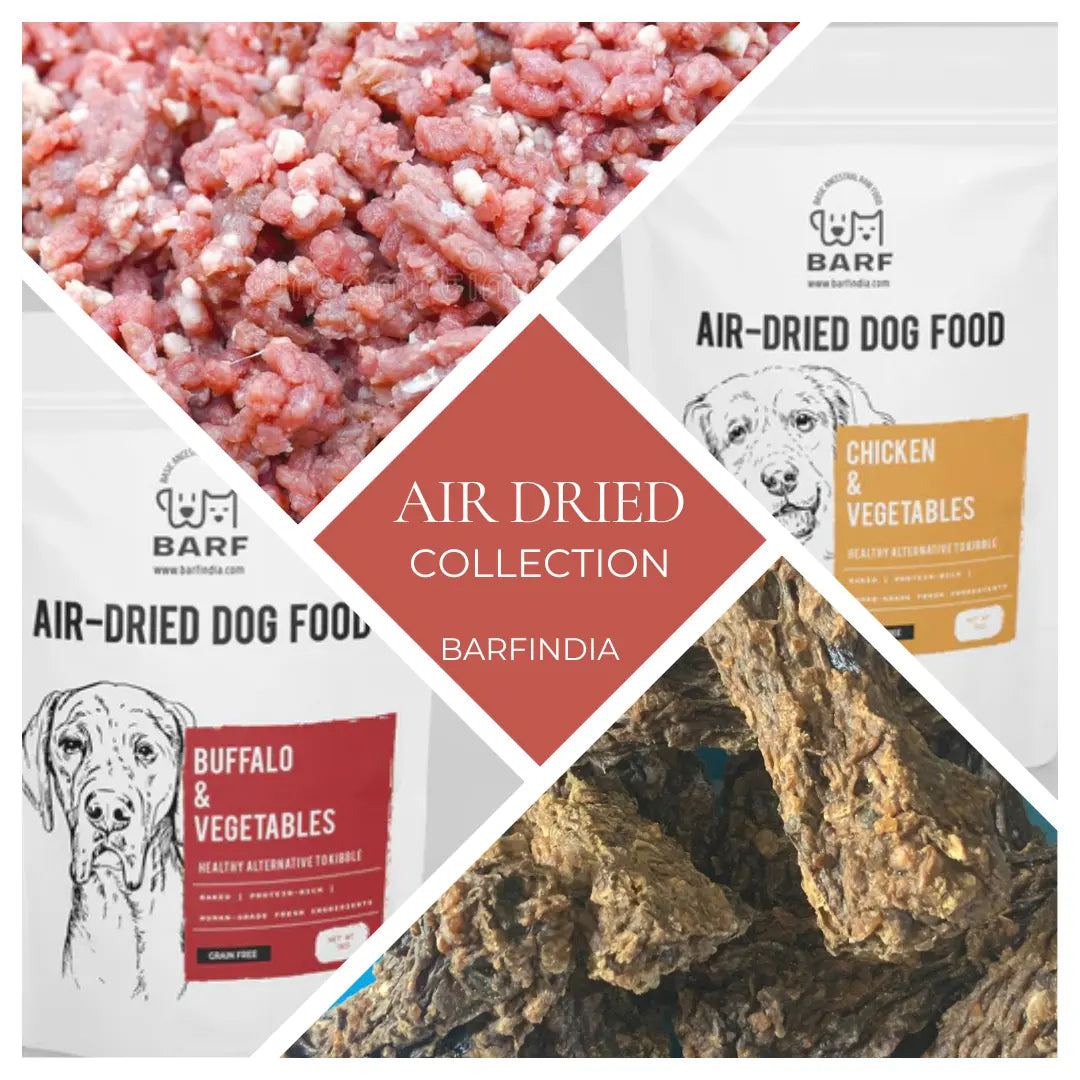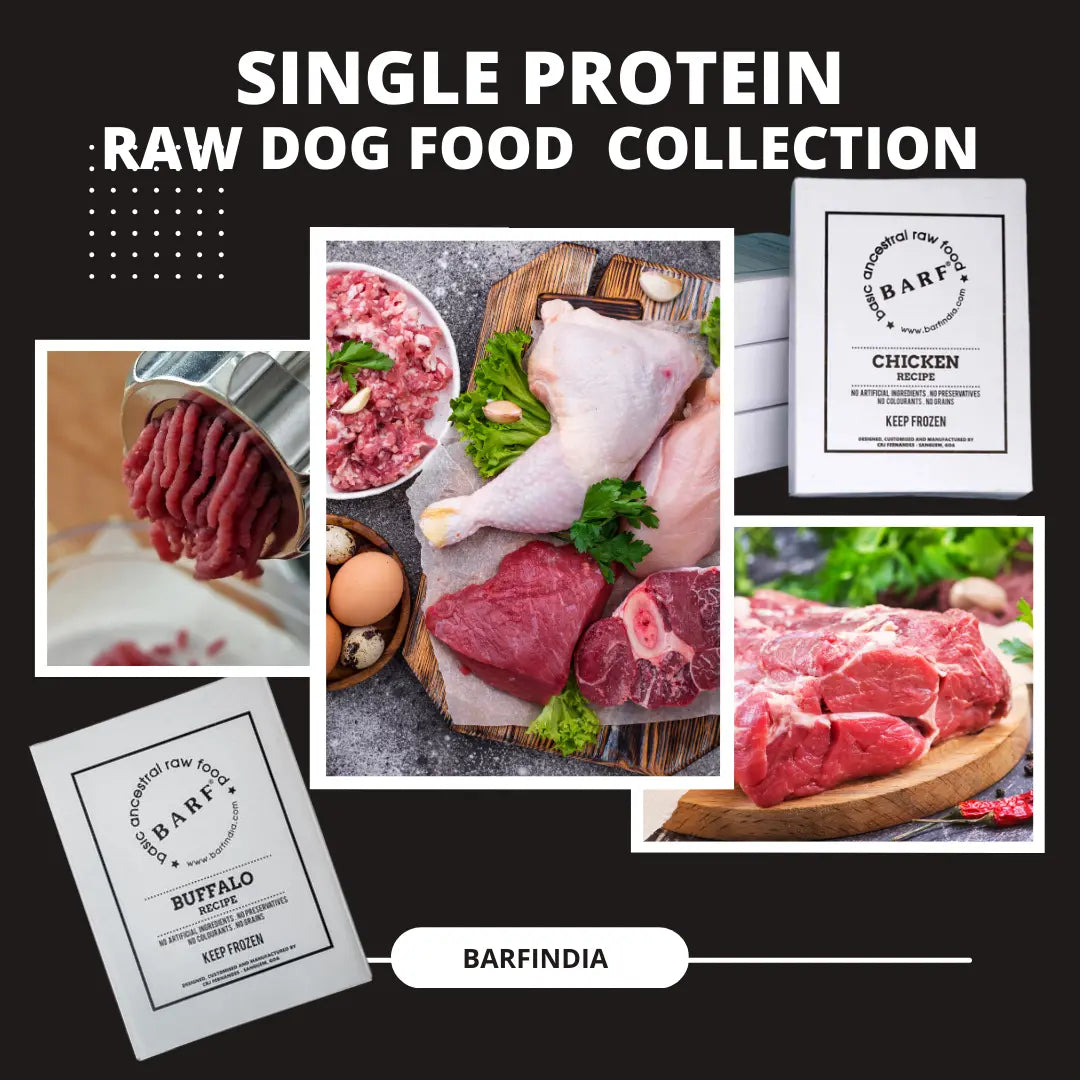Itching to sort out the itchy problems of your dog?
B.A.R.F. India AdministratorItching to sort out the itchy problems of your dog?
Recovery of dog having skin issues It really is unbearable to watch our dogs scratch and itch and being absolutely clueless on how to put a permanent stop to it. It hurts to see them suffer. And the reasons are manifold and involves a bit of discipline as well. "We are what we eat" is a phrase commonly heard and the same is true for our pets as well. However, the major problem with our pets is that they are dependent on us for making that healthy natural choice for us. Most of the diseases plaguing our pets are caused by the human dietary patterns unwittingly imposed on our dogs. The number 1 problem causing these sort of skin allergies in dogs is the dry dog food (kibble). The Chemicals from preservative agents used in dry pet foods (Ethoxyquin, BHT, etc.) that are added to increase the shelf life of the product allowing the food to be exposed to the environment for months without spoiling affect the immune system.
Do these symptoms sound familiar?
- Rashes on back and tummy
- Chronic ear infections
- Itchy paws; obsessive licking
Most of the dogs displaying these symptoms are caused by kibble or dry food composed of inferior quality ingredients that have been cooked or heat processed. Heat processing alters the protein molecular structure and renders the product harder to assimilate and utilize in the body leading to a higher accumulation of toxins, inefficient organ system function and not surprisingly, allergies and skin conditions. Normally it takes 4-5 years for degenerative disease and allergy symptoms to manifest – which is why we don’t begin to see itching, and scratching and hot spots in most dogs until they are about 5 years old. In light of all of this information, I feel that the following have worked and have shown results so that dogs who eat a commercial diet can get the fats they need, without being exposed to rancid fats.
Dog owners can either:
- Give your dog a premade BARF fish recipe diet;
- Buy the individual raw meaty bones, raw fish, and raw organs in their respective proportions.
Feeding Fish:
I think the best choice is to feed naturally preserved foods that meet freshness guidelines and adhere to strict cold chain conditions then add fresh, high-quality fish yourself. The fish that have excellent Omega 3's are small sardines, small anchovies, small mackerels. I recommend the smaller fish-size because the bigger ones have higher mercury levels and are detrimental to the health of the dogs. “Sardines are full of omega-3 fatty acids and Coenzyme Q10 (CoQ10), The fatty acids have many health benefits, like cancer prevention, reducing inflammation, and keeping the immune system strong. CoQ10 supports a healthy heart and circulation. The fatty acids also help brain development, which makes them good for puppies and kittens." CoQ10, aka Ubiquinol, is also excellent for preventing dental disease in canines, felines, and humans These fish have a strong flavor which may be off-putting to you but makes them appealing to your dog. They come packed in pouches for your convenience, vacuum packed and blast frozen to retain all the freshness. Small fish are also a low-calorie snack, clocking in at just 8 calories each. All fish contain certain nutrients that benefit your dog’s health – protein, fats, calcium, selenium, and various B vitamins – but anchovies, in particular, are loaded with omega-3 fatty acids like DHA and EPA. These fatty acids have powerful anti-inflammatory properties and can benefit your dog’s skin and coat, while other nutrients found in anchovies can also benefit your dog’s heart, brain, and immune system.
The Benefits to sort the itchy problems:
- Improves the quality and condition of the coat 2. Moisturizes skin to relieve dryness, itching, and flakiness 3. Relieves pain and swelling associated with arthritis 4. Alleviates the effects of allergies and overactive immune system 5. Helps to stabilize blood pressure and blood cholesterol levels 6. May slow the development of yeast infections 7. Protects against various forms of cardiovascular disease 8. Supports healthy development of the retina 9. May slow the spread or prevent the development of certain cancers 10. Boosts cognitive performance and improves behavior
While feeding raw fish it is important to freeze the fish for 7 days before feeding the dogs. Fish are an excellent "whole food". In an appropriate raw diet, feeding whole carcasses is the best diet to feed your dogs and cats. While this isn't possible for most people all the time, feeding fish does provide the dogs and cats with a "whole carcass". With our dogs, the dogs get at least two servings a week. The fish on average weigh between 1/2 a kilo to a whole kilo. We have seen that feeding a wholesome raw diet (and which must include raw meaty bones, meats, organs), use fresh ingredients, and a liberal dose of Omega 3 in their diets to have the dogs speed up their recovery. An allergy test is also important to determine if your dog is allergic to any protein. Happy feeding!!



